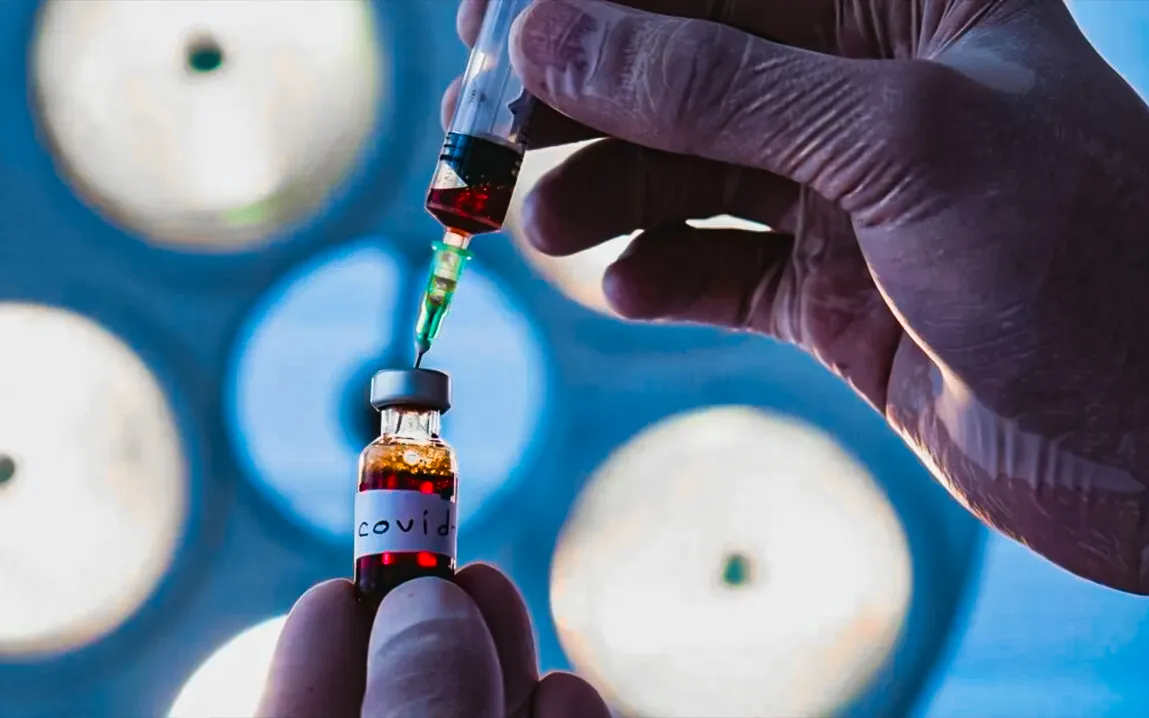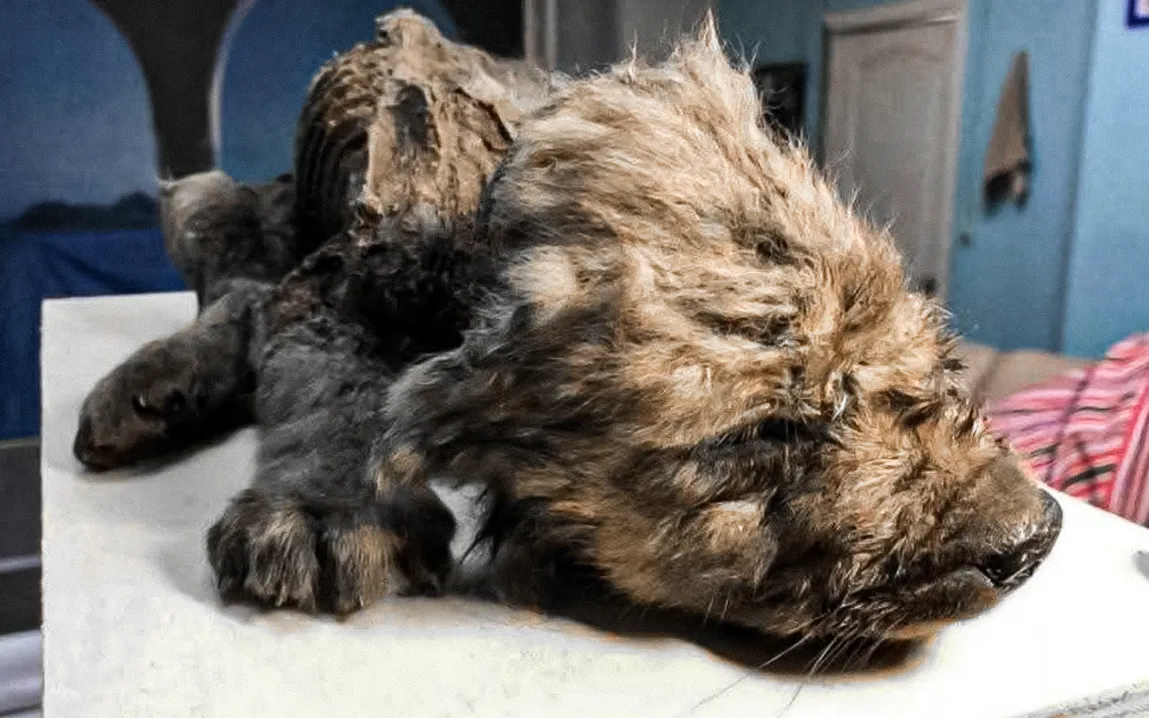Imagine a world where getting vaccinated is as simple as applying lotion to your skin—no needles, no pain, and no anxiety. For many, especially those afraid of needles, this could revolutionize the vaccination process. Thanks to recent scientific advancements, this vision is becoming a reality, with researchers developing innovative, needle-free vaccine delivery systems that are both effective and convenient.
The Challenge of Needle Phobia
Trypanophobia, or the fear of needles, affects a significant portion of the population. This fear can prevent people from getting vaccinated, creating a serious public health concern. Traditional vaccination methods rely on needles, which not only cause discomfort but also require skilled healthcare professionals and proper waste disposal. These factors can limit vaccine accessibility, especially in low-resource areas.
The Immune Power of the Skin
Our skin, the body’s largest organ, acts as a strong barrier against the outside world. It is also a vital part of our immune system, home to a diverse range of microorganisms, including bacteria that live harmoniously with us. One such bacterium, Staphylococcus epidermidis, is found on nearly everyone’s skin. Scientists have now discovered that this common microbe can be engineered to serve as a vaccine delivery system.
A team of researchers at Stanford University has been studying how S. epidermidis interacts with the immune system. They identified a protein on the bacterium’s surface called Accumulation Associated Protein (Aap), which helps trigger an immune response. By genetically modifying S. epidermidis to carry antigens from diseases like tetanus and diphtheria, they created a living vaccine. When applied to the skin, this modified bacterium prompted the immune system to produce antibodies against these diseases.
In laboratory tests with mice, the results were highly promising. The mice developed strong immunity and survived exposure to lethal doses of tetanus toxin. Unlike traditional vaccines, this method did not cause common side effects such as fever or inflammation, suggesting a more comfortable experience for patients.
Advantages of Topical Vaccination
Switching to a topical vaccine system offers several benefits:
- No More Needles: The fear and discomfort of needles would be eliminated, making vaccinations easier for children and those with needle phobia.
- Easy to Use: Since topical vaccines can be self-applied, they don’t require healthcare professionals, making mass vaccination efforts simpler and faster.
- Increased Safety: Without needles, there is no risk of needle-stick injuries or improper disposal of medical waste.
- Cost-Effective: With reduced logistics and waste management needs, this method could lower the costs of vaccine administration and distribution.
Expanding the Possibilities
The success of this research paves the way for developing topical vaccines for a wide range of infectious diseases. By tailoring S. epidermidis to deliver different antigens, scientists envision a system capable of tackling multiple health threats. This innovation could be particularly useful in areas with limited access to medical facilities.
Additionally, a needle-free approach aligns with efforts to improve global vaccination rates. Many people who hesitate to get traditional injections may be more open to receiving a painless topical vaccine, helping to bridge immunization gaps worldwide.
Current Research and Next Steps
While the results in animal studies are encouraging, further testing is needed before human applications can begin. Researchers at Stanford are now conducting follow-up studies to assess the safety and effectiveness of this approach in humans. These trials will help determine the best dosages, methods of application, and long-term immune responses.
Scientists are also investigating how well the engineered bacteria can be stored and transported. Ensuring that S. epidermidis remains stable under different conditions will be essential for making this method widely accessible.
A New Era in Vaccination
The development of topical vaccines marks a major shift in how we think about immunization. By harnessing the natural properties of the skin and its resident microbes, researchers are finding new ways to overcome old public health challenges. As this technology advances, the possibility of painless, affordable, and effective vaccines is becoming more tangible—offering hope to millions of people who fear the sting of a needle.



